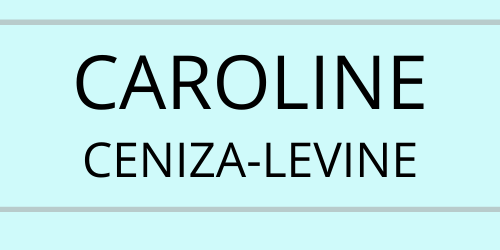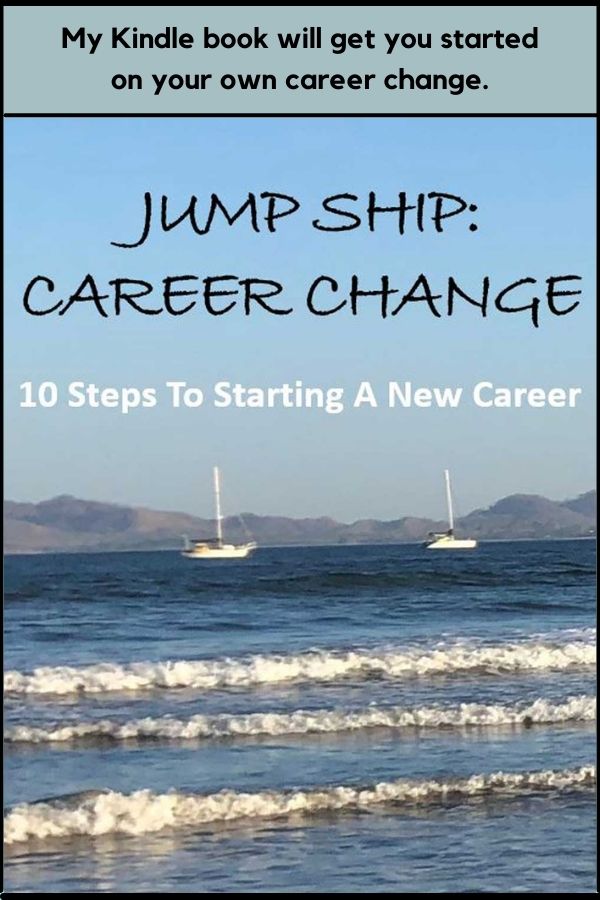There are very good reasons why someone stops working for six months, one year or even longer. As a career coach, I have worked with job seekers coming back after a family leave, medical issue, sabbatical or a bucket list trip around the world.
But taking time off is not without its risks because there is an employment gap on the resume. As a recruiter, I have considered candidates with employment gaps on their resumes, so Yes, you can get hired after a gap in employment, even a gap of several years. However, employers generally dislike employment gaps, especially the longer they are. More importantly, employers don’t always express what they’re thinking outright, including the hesitations they have.
You need to anticipate employer concerns and address them, even if they’re unspoken. Here are ten reasons employers dislike employment gaps and what you can do if you have one in your background or are thinking about taking extended time off:
Fear 1 – The gap is there because no one is willing to hire you
When a candidate is selected for further consideration despite an employment gap, it’s because there are other factors that positively outweigh the gap. However, this doesn’t mean that the employment gap no longer matters. Employers still need to be reassured that they made the right decision in deciding to interview you. You need to have a strong interview to put the employer at ease and make them essentially forget the gap and instead focus on how lucky they’d be to have you. Don’t give a weak interview that leaves the employer to think, “Oh, that’s why no one else has hired you.”
Fear 2 – Something happened at your last job
Employers will ask about the job right before your gap, looking for reasons to probe further – a story that doesn’t make sense or lingering resentment on your part. The best way to move on from your last job is to really move on. If you were let go, give a brief outline of what happened (e.g., your entire department was eliminated, the project you were hired for was cancelled) and then turn the focus back on the interview. Don’t give the employer any reason to suspect there is more to worry about.
Fear 3 – You have bad professional judgment
If you left your job on your own accord and you’re now still unemployed, then something didn’t work out for you – e.g., a business venture didn’t work out or it’s taking longer than expected to get back. A business failure or a protracted job search aren’t deal-breakers in and of themselves unless they show a pattern of bad decisions. Make sure the rest of your career story shows smart, empowered decisions so there is no lingering doubt about your professional judgment.
Fear 4 – You have commitment issues
If you left your last job on your own accord, is it because you aren’t committed to any job and will leave this next job in short order too? It’s widely accepted that it’s better to look for a job when you have one. If you were that willing to leave your last job and risk unemployment over just staying put, some employers will view this as a lack of commitment. Make sure you have other examples that highlight commitment and follow-through in your professional background.
Fear 5 – You don’t get along with your colleagues
If you were let go in your last job and the company is still standing, then others were spared instead of you. Is there a reason you did not have enough people to advocate for you? Make sure to include stories that show collaborative relationships with colleagues, ideally including direct reports, peers and senior staff. Prioritize building rapport during your hiring process so that hesitations about your interpersonal skills don’t arise.
Fear 6 – You may interview OK, but your references will tell a different story
The reference checking process will be weighed heavily when there is an employment gap. Don’t scramble at the last-minute to collect your references. Make sure to include references from your most recent job before the gap. Ask your references to specifically comment on your relationship skills, commitment and follow-through, and professional judgment – those areas where employers may have unvoiced concerns.
Fear 7 – You are lazy and have been wasting time
Employers are hiring for a future need and need to believe that you are a solution to the problem they’re hiring for. They want someone to come in and work hard. Just like an athlete gets flabby if they haven’t been to the gym in a while, your capacity for hard, focused work may have gotten soft during your time off. Sure, your employment gap may have been due to a sabbatical or other refrain from work, but you still need to be explicit on how you are ready to start right now. Knowing your target employer’s market – their industry, their business concerns – is key to proving you’re ready to work.
Fear 8 – Your skills have atrophied
Since employers are fixated on how you can help them, your skills need to be sharp enough to produce value from day one. This includes computer and other job-specific skills. Have something from your time off (even if it’s just the most recent few weeks!) that show your skills are current. This could be a volunteer project or temp assignment that demonstrates critical skills for the job at hand. Be sure to highlight personal activities such as structured learning and development activities that demonstrate you have the stamina for full, hectic work days.
Fear 9 – Your expertise is out of date
Just like skills can atrophy, your expertise can fall behind the times, especially if your employment gap is over a year. Are you able to engage in discussions about what competitors are doing? Do you know what is trending in your target field? Did you maintain an active membership with relevant professional associations? You don’t need to be gainfully employed to do any of these things. Read up on your field, attend professional events and conferences, and maintain your relationships with employed professionals and industry experts.
Fear 10 – I will regret taking a chance on you
People hire people. This is not an impersonal decision made by a faceless entity. The hiring manager or more likely, a team of decision-makers make an active decision: “We want to bring you into the company and spend thousands of budget dollars on your salary and commit one of our headcount slots to your role and invest an open-ended amount of time working side-by-side with you.” They’re putting themselves out there for you, and that means risk.
A bad hiring decision causes a lot of regret. An employment gap is like a warning sign, and if an employer proceeds anyway, they want to know they won’t regret it. Be confident, energetic and upbeat throughout your hiring process so the employer doesn’t second-guess their decision to pick you.
Because an employment gap instills so much fear and suspicion, it can be a resume killer. It’s just easier to skip over resumes with employments gaps because there are enough candidates out there who don’t have one. If you have a gap or will soon have a gap due to upcoming time-off, be prepared to get in front of employers outside of submitting a resume and waiting for a call back that may never come. Directly contacting decisions, getting introductions from friends and colleagues, and meeting new connections at professional associations or conferences are all ways to circumvent the resume submission process and get in front of your employment gap so that it isn’t the first or only thing they know about you.






